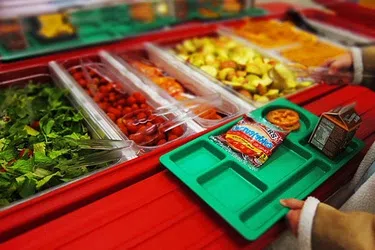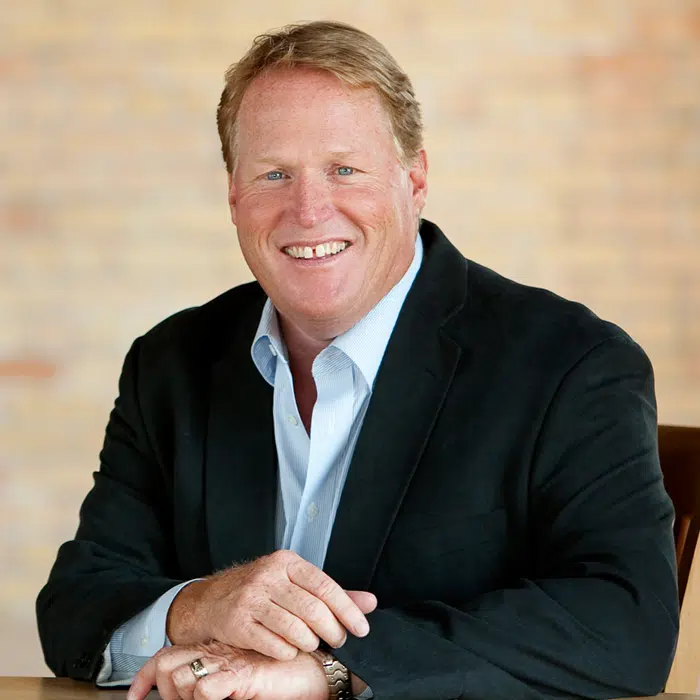
By: Michael Achterling and Jeff Beach
BISMARCK, N.D. (North Dakota Monitor) – North Dakotans told a pollster in December they favor property tax reforms, universal free school lunches and increased public education funding as the Legislature is set to convene its 2025 session on Tuesday.
A majority of those surveyed also said they don’t want state tax dollars to support private school tuition.
The poll released on Monday, sponsored by North Dakota United, an education and public employee union, showed 81% of respondents supported property tax reforms. Seventy-nine percent of those surveyed also support universal free school meals and 67% hold some support for increasing public education funding in the state.
Gov. Kelly Armstrong has made property tax reform a priority of his new administration and the Legislature is expected to address the issue through dozens of bills drafted by the Legislative Council.
“We hope that this survey informs our elected legislators as they go about making decisions relative to public education,” said Nick Archuleta, president of North Dakota United.
During the 2023 legislative session, he said universal free school meals had some momentum, but wasn’t able to clear both legislative chambers.
“Universal school meals have long been popular with North Dakota voters,” Archuleta said. “We’re hoping that we are able to provide the Legislature with enough answers to their questions that maybe they can come around to supporting this really important aspect of education.”
With North Dakota’s compulsory education laws requiring students to receive an education, Archuleta said schools should also have the responsibility to feed them while they are there.
“For a lot of kids, that’s the best meal they’ll get all day, the most nutritious one,” he said. “We all know that kids that are hungry are not fully focused on learning, so why not just go ahead and take care of that.”
At least one bill has been filed so far that would address school meals. Rep. Jim Jonas, R-West Fargo, is the lead sponsor of House Bill 1100 that aims to help school districts cover unpaid lunch bills.
It would use about $2 million left over from a bill passed in the 2023 session also related to school lunches. Senate Bill 2284 appropriated $6 million in one-time funding for providing school meals free of charge to students from low-income families.
During a December press conference advocating for free school lunch for all students, Robin Nelson, vice president of the Fargo School Board, said the Fargo School District has about $72,000 in school meal debt and projects about $125,000 by the end of the school year.
Jonas said the West Fargo School District, which has more students than the Fargo district, has about $180,000 in school lunch debt and expects about $250,000 in lunch debt by the end of the school year.
Jonas is a former teacher and coach who said students should not be punished for their parents not paying their lunch bill.
“I paid for a lot of lunches for kids over my career,” he said.
When asked about Jonas’ bill, Archuleta said, “That’s not enough.”
School choice
Those surveyed also overwhelmingly disapproved of the idea of using public tax dollars for students’ private school tuition with 68% of respondents saying they are at least somewhat or strongly opposed and 27% signaling some support for the idea. The poll also found a rural-urban divide with 70% of those surveyed indicating using public dollars for private tuition would benefit city families more than rural families. Only 10% of respondents said rural families would benefit just as much as those living in an urban area.
“I think we are going to see at least one bill in the Legislature this year that would utilize public dollars for private school tuition,” Archuleta said. “North Dakotans have a long history of being against that concept.”
He added the poll results showed that North Dakotans may have a different view on the school choice issues than legislators.
Sen. Michelle Axtman, R-Bismarck, chair of the interim Education Committee, said she questioned the validity of the polling due to it coming from a union that advocates for one side of the issue.
“The way questions are asked is ever critical,” Axtman said. “I think when we ask the question in a different way, we may find a different result.”
Axtman said she is drafting an education savings account bill for North Dakota students to be introduced during the legislative session that would grant access to additional funds to spend on educational programs and other education-related services in a common marketplace.
She said she isn’t opposed to a universal school meals program, but wants to leverage it through funds allocated by the National School Lunch Program. If meals could be covered by education savings accounts as an authorized expense, she said she thinks that would be a great avenue to provide free meals to students.
A majority of poll respondents also said they held at least some or strong support for all students to access counseling and tutoring services, with 76% of those surveyed approving of the idea.
The survey also asked residents who they trust when talking about education policies in the state. The survey showed teachers, parents and education support staff were the most trustworthy, while they had less trust on education policy when it comes to North Dakota legislators, the U.S. Department of Education and school board members.
The poll surveyed 600 North Dakota voters from Dec. 7-10 through interviews on mobile phones, landlines and a text-to-web platform. The margin or error is +/- 4%, and the pollster, DFM Research, gave the poll a 95% confidence rating.




Comments